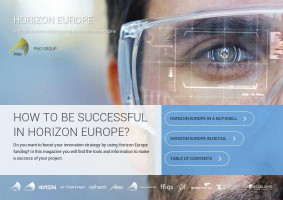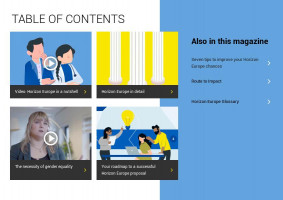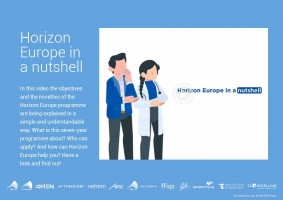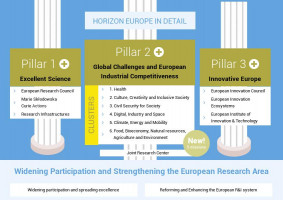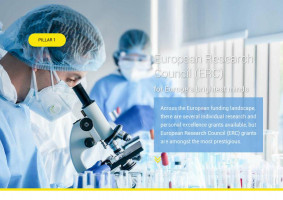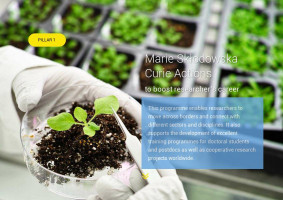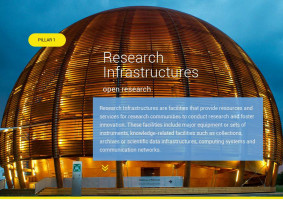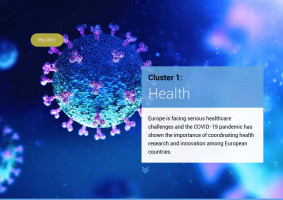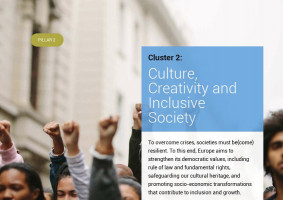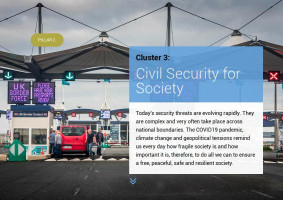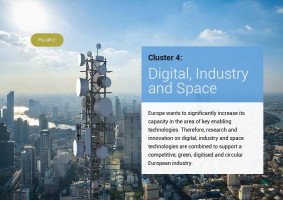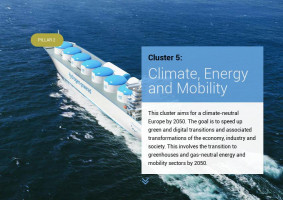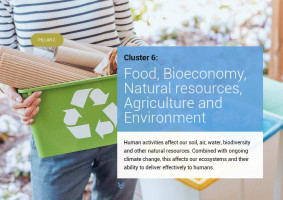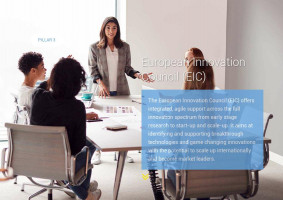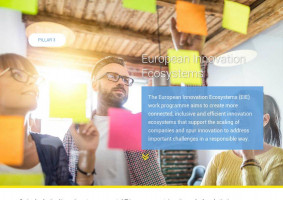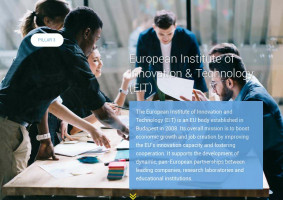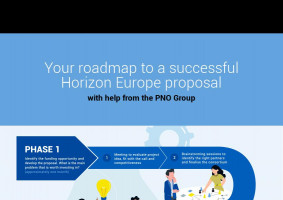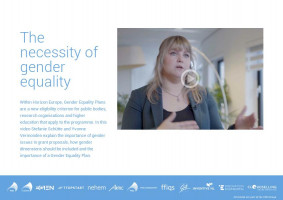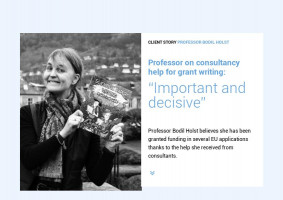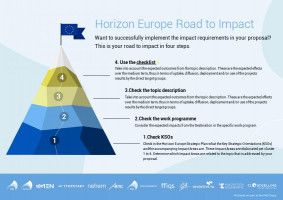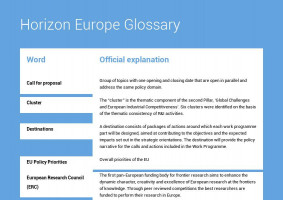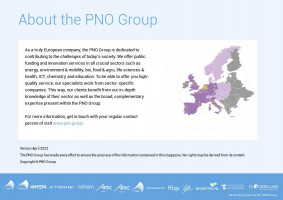Research and innovation is key to better understand fundamental contemporary transformations of society, economy, politics and culture. Only scientifically robust recommendations and evidence-based policy options to reinvigorate democratic governance and improve trust in democratic institutions will help safeguarding fundamental rights. Therefore, researchers of Europe are asked by the European Commission to develop recommendations to protect liberties and the rule of law, and to shield democracy from multidimensional threats. Also, promoting better access and engagement with cultural heritage and improve its protection, enhancement and restoration are key to sustainable growth and job creation through the cultural and creative industries. Lastly, promoting integration and supporting EU migration and mobility policies are still important points on the agenda. The research questions within this cluster are formulated along the lines of three destinations:
- Research on democracy and governance - Democracies are more fragile and vulnerable than in the past and all over the world they are in crisis. At the same time, trust in the political institutions of democracy is declining. Research on past and present challenges and tensions in democracy contributes to a better understanding and strengthening of democracy, its resilience and stability.
- Innovative research on European cultural heritage and the cultural and creative industries - Europe's cultural heritage is increasingly facing a number of challenges, such as deterioration due to climate change, pollution, natural or man-made disasters, looting and illegal trade, lack of financial resources or insufficient valorisation.
- Innovative research on social and economic transformations - Europe is transformed by changes affecting the livelihood and well-being of its citizens. Demographic change, digitization, automation, environmental degradation, the transition to a low-carbon economy and globalization bring with them complex social and economic challenges.
_w1620_h106_1.png)
